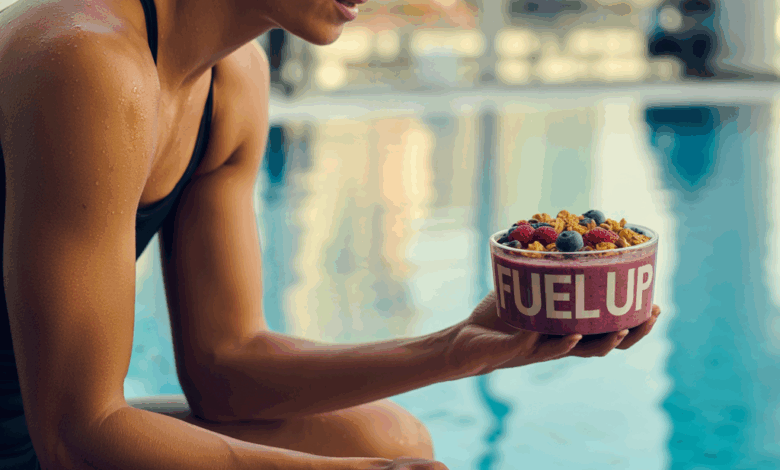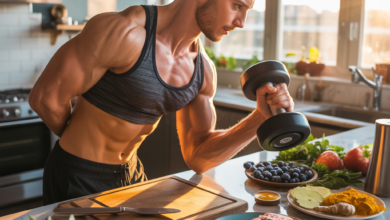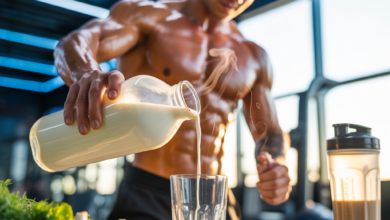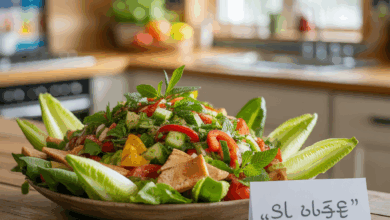Swimmer Diet Plan: Fuel Your Swim Performance Like a Pro

Have you ever felt drained halfway through your swim workout or struggled to recover properly after a grueling pool session? If so, you’re not alone. Many swimmers underestimate the power of a well-balanced diet tailored specifically to their unique energy needs. Whether you’re training for your first triathlon, chasing speed records, or simply swimming for fitness, the right swimmer diet plan can be your secret weapon for enhanced stamina, quicker recovery, and peak performance.
Why Nutrition Matters for Swimmers
Swimming is a full-body workout that demands a ton of energy — from explosive sprints to sustained endurance sets. Unlike many land-based sports, swimming also increases your metabolic rate due to water temperature and resistance. This means your body needs adequate fuel and nutrients to keep going. A swimmer diet plan designed with optimal macronutrient balance, hydration strategies, and timing can significantly improve your results in the pool and overall wellbeing.
Key Nutritional Needs for Swimmers
- Carbohydrates: The main energy source for high-intensity swimming. Whole grains, fruits, and vegetables replenish glycogen stores.
- Proteins: Supports muscle repair and recovery post-workout. Lean meats, dairy, legumes, and plant-based proteins are essential.
- Healthy Fats: Vital for hormone regulation and sustained energy. Incorporate nuts, seeds, avocados, and fatty fish.
- Hydration: Water and electrolytes prevent cramps and maintain energy levels during long swim sessions.
Sample Swimmer Diet Plan: What to Eat Before, During, and After Swimming
Before the Pool
A balanced pre-swim meal should be eaten about 1.5 to 2 hours before hitting the water. Focus on easy-to-digest carbohydrates and moderate protein to fuel your workout without causing stomach discomfort.
- Oatmeal topped with banana slices and a drizzle of honey
- Whole-grain toast with natural peanut butter and apple slices
- Greek yogurt with granola and berries
During Training
For sessions lasting over an hour or intense training days, swimmers benefit from keeping energy levels steady. Hydration is key, and small carbohydrate-rich snacks help sustain stamina.
- Electrolyte-infused water or sports drinks (in moderation)
- Energy gels or chews for endurance swimmers
- Fruit pieces like orange wedges during breaks
After Swimming
Recovery meals should combine protein and carbohydrates within 30 to 60 minutes post-workout to rebuild muscle and restore glycogen.
- Grilled chicken breast with quinoa and steamed vegetables
- Protein smoothie with spinach, berries, banana, and almond milk
- Cottage cheese with pineapple chunks and whole-grain crackers
Practical Fitness Tips to Complement Your Swimmer Diet Plan
Nutrition alone won’t get you to your best swim times; pairing your diet with smart training and recovery techniques is essential.
Mix Up Your Training Routine
Incorporate interval sprints, endurance sets, and technique drills. Cross-training activities like yoga or strength training improve overall muscle balance and prevent burnout. For some great swim workout variations, check out our workout routines page.
Prioritize Sleep and Recovery
Your body repairs and builds muscle while you rest. Aim for 7-9 hours of high-quality sleep per night and consider active recovery days with light swimming or stretching.
Stay Hydrated Year-Round
Even though you’re in water, you sweat and lose electrolytes during intense swims. Drink fluids consistently throughout the day, especially on training days.
Real-World Examples: What Top Swimmers Eat
Elite swimmers often emphasize balanced meals with nutrient-dense foods. Take Michael Phelps, for instance — he famously consumed a mix of pasta, protein, and vegetables several times a day to support his intense training.
Similarly, Katie Ledecky focuses on whole foods and hydration, ensuring she refuels properly post-swim to maintain her stamina and strength.
Frequently Asked Questions About Swimmer Diet Plan
1. How many calories should a swimmer eat daily?
Calorie needs vary based on age, gender, training intensity, and duration. Competitive swimmers can require anywhere between 2,500 to 5,000 calories per day. It’s best to calculate your individual needs with a coach or nutritionist.
2. Is it okay to use supplements on a swimmer diet plan?
While whole foods should be the foundation, supplements like protein powders, electrolytes, or omega-3s can support recovery and performance if used appropriately. Always consult a healthcare professional before starting new supplements.
3. Can swimmers follow plant-based diets?
Absolutely! Plant-based swimmers can meet all their nutritional needs by focusing on diverse protein sources like beans, lentils, tofu, nuts, seeds, and whole grains. Monitoring iron and B12 intake is important.
Conclusion: Take Your Swimming to the Next Level With a Tailored Swimmer Diet Plan
Optimizing your nutrition is the missing piece that can help you swim faster, feel stronger, and recover quicker. A thoughtful swimmer diet plan packed with whole foods, balanced macros, and proper hydration supports your hard work in the pool and overall health. Ready to dive into customized nutrition and training advice? Explore our detailed nutrition guides and wellness tips to elevate your swim journey today.
Start fueling your swims smartly — your best performance awaits!





